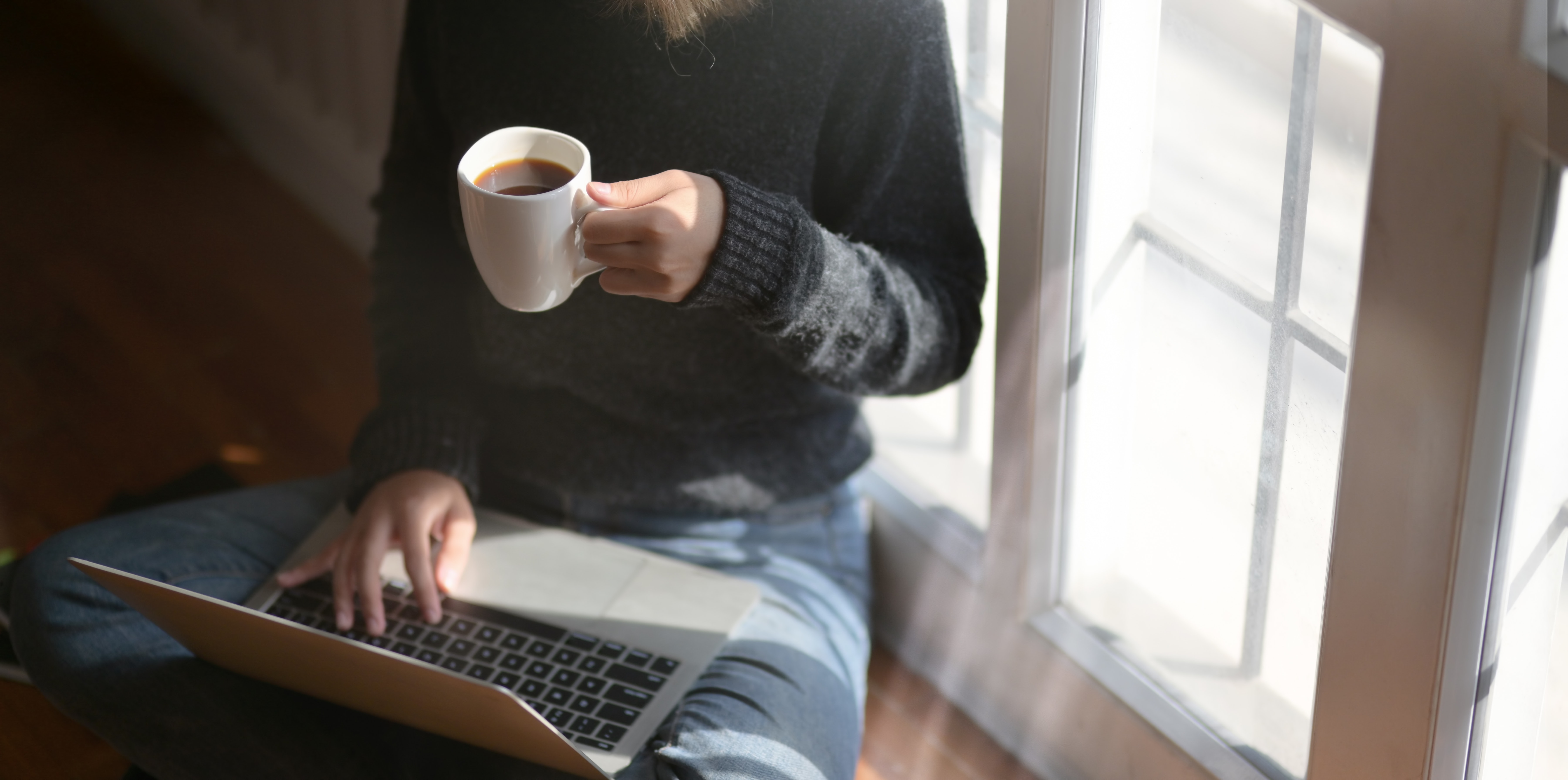Like many other graduate students, the COVID-19 self-quarantine has impacted my studies and limited my contact with others. Part of my job at IRB centers around understanding and addressing the social, emotional, and practical challenges of COVID-19 quarantine as it relates to researchers and participants. With the COVID-19 quarantine in full effect, researchers and participants alike are subject to social isolation and heightened stress. Although social distancing efforts can help slow the spread of the virus, it may also have an impact on an individual's emotional and psychological well-being (Weir, 2020). The lack of face-to-face interactions, blending of work and home life, and social isolation during stressful times can contribute to anxiety or feelings of loneliness (Centers for Disease Control and Prevention, 2020).
Maintaining Researcher Well-Being
While TC IRB’s main focus is on protecting participants, we also recognize that if a researcher’s health and wellbeing are compromised, this might impact their interpersonal interactions with participants, communications with administrative and governing bodies, and ability to manage projects. Much like how airlines encourage passengers to put their own masks on first in case of cabin pressure changes, we also encourage researchers to attend to their personal well-being in the face of this global pandemic.
Researchers can consider some self-care tips to maintain their psychological health and well-being:
- Maintain social support networks through virtual mediums. TC offers free Zoom services for faculty, students, and staff.
- Limit news and media intake to essential information
- Visit TC’s new Come Together page for virtual events, online teaching, and learning platforms, and news
- Stay active and make use of TC’s Community Fitness online exercise programs
- Practice mindfulness for 20 minutes twice a day to lower stress and reduce anxiety (Grossman et al., 2004)
- Explore professional development opportunities
Protecting Participants in Times of Crisis
During times of heightened stress and crisis, participants may be more susceptible to stress induced by research procedures. Researchers should carefully monitor their participants for signs of fatigue, stress, or anxiety. The consent process should clearly state that participants can take a break or discontinue their participation at any time without penalty. Additionally, researchers can check in with participants throughout the study.
The following links may provide some guidance in areas like mental wellness, stress management, and other resources.
For mental health researchers:
- The Center for Disease Control (CDC) Strategies to Manage Stress and Anxiety
- The American Psychiatry Association (APA)’s Resources for Distress or Crisis Assistance
For researchers working with children, adolescents, or families:
- The American Academy for Child and Adolescent Psychiatry
- Center for the Study of Traumatic Stress Resources for Families and Practitioners
Researchers are responsible for ensuring the health and safety of their participants. The first step in protecting participants starts with ensuring our researchers are healthy and performing at their best.
